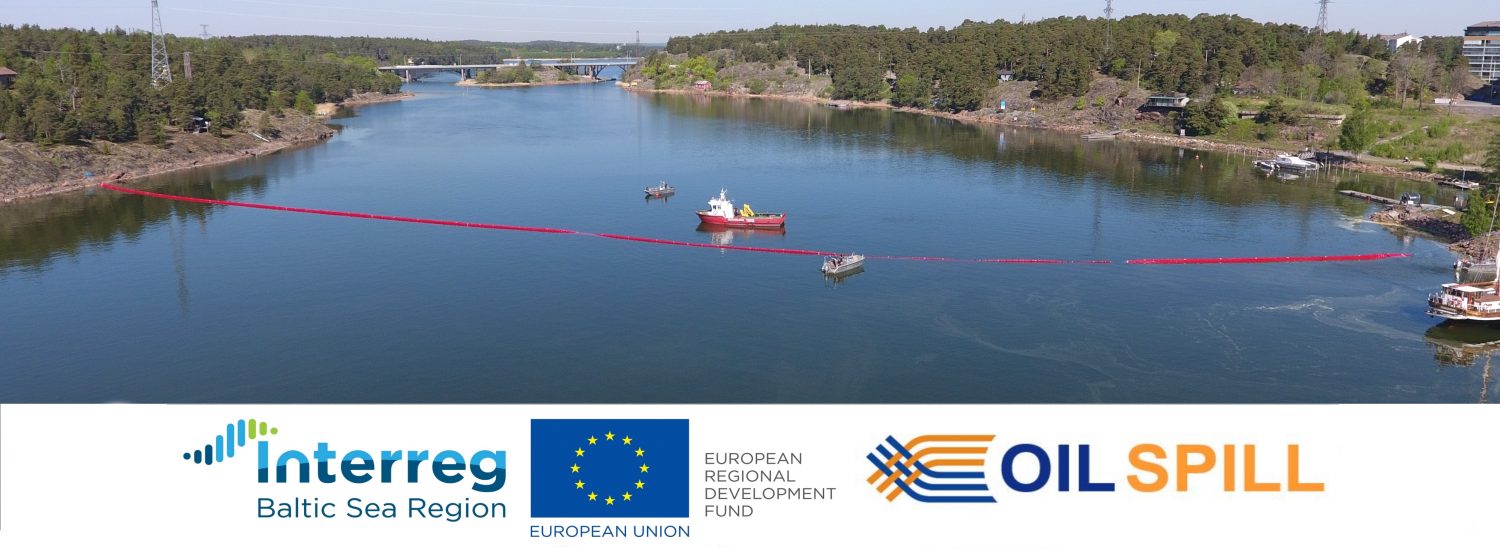About the project
OIL SPILL
Enhancing oil spill response capability in the Baltic Sea Region
Unlike in the open sea and international waters, combatting oil spills in shallow waters and coastal areas is often complicated. The division of tasks and responsibilities between Competent Authorities and other stakeholders, such as NGOs, is often unclear. The focus of the OIL SPILL project is to strengthen the oil spill response capability in the Baltic Sea Region (BSR) by enhancing cooperation structures, procedures and skills between and within the relevant stakeholders.
Fostering cooperation between competent authorities and volunteers in oil spill response
Coastal oil spill response is an arduous, long-term operation. Voluntary oil spill response capability is therefore critical in achieving optimal results and minimising environmental harm. Essential in optimising volunteer contribution is to establish a co-operation model for both authorities and volunteers. The OIL SPILL project aims to promote this co-operation in oil spill response.
OIL SPILL outputs
Project’s overall objective is to strengthen the oil spill response capability in the BSR at the levels of key responsible ministries, operative Competent Authorities, key NGOs, relevant Universities and the petrochemical industry.
OIL SPILL outputs include the following:
- Identifying administrative or other procedures to improve cross-border harmonisation;
- Clarifying key legal issues at all levels (incl. ministries, Competent Authorities and NGOs);
- Building up (inter)national training schemes;
- Organising relevant training events, incl. using simulators; and
- Organising cross-border exercises.
The project duration is 30+6 months (January 2019–December 2021) with a total budget of 2.0 M€, which is partly funded by the EU’s Interreg Baltic Sea Region Programme.
